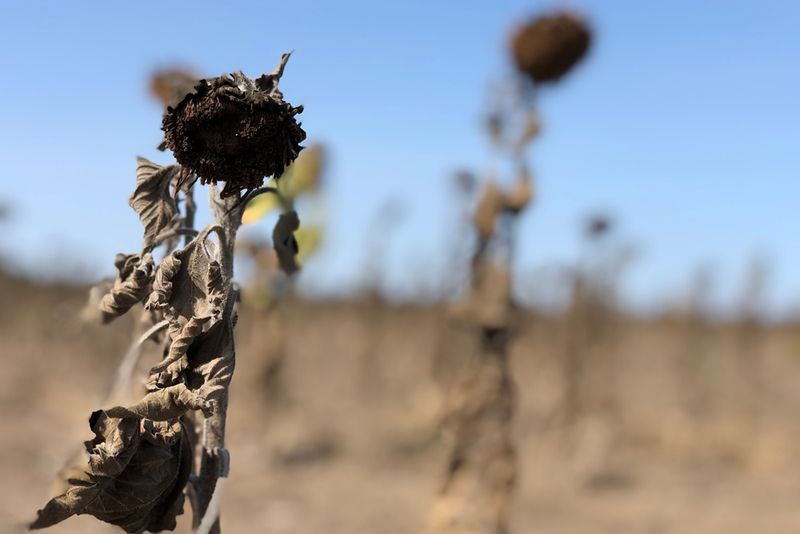Time Is Running Out to Curb Climate Change, IPCC Report Says

A United Nations panel of scientists said there is a “feasible, but narrow pathway” to avoid the worst effects of climate change, however to do so, the world’s nations must together cut greenhouse-gas emissions 60% by 2035 to limit warming to 1.5 degrees Celsius over preindustrial levels.
That level of cuts would require a massive and rapid shift in the world’s energy supply that is under way in some countries, but has been stifled by the war in Ukraine, the global energy crisis and thirst for economic growth in countries like China and India. Global greenhouse-gas emissions reached record levels in 2022 and are projected to continue their upward trajectory, according to scientists.
The U.N.’s Intergovernmental Panel on Climate Change on Monday released a synthesis of the Sixth Assessment Report, which combines three working-group studies on climate science, adaptation and mitigation, as well as special reports on the oceans, land and reaching 1.5 degrees Celsius, the number that nations agreed to limit warming at the 2015 Paris climate summit to avoid the worst effects of climate change.
The synthesis was released at an IPCC meeting in Interlaken, Switzerland, and will be the panel’s last report until 2027.
The authors state that the climate-related effects are worse than had been projected in the IPCC’s Fifth Assessment released in 2014, and that future effects will include more heat waves, periods of drought, extreme rainfall, sea level rise and flooding across the globe. These effects are the result of more than a century of burning of fossil fuels, which has led global temperatures to rise 1.1 degrees Celsius since 1900, the panel said.
“The report shows that climate impacts are undermining our livelihoods, they are damaging the global economy and the impacts threaten our life support system, that of nature itself,” said Dr. Hoesung Lee, chairman of the IPCC, at a news conference Monday announcing the synthesis report.
The report does have some good news. If nations are able to balance emissions and removals of carbon dioxide and other greenhouse gases to achieve a “net-zero” state sometime around the middle of the century, the Earth’s temperature could begin stabilizing a decade or so later, according to projections released in the IPCC synthesis report. That is a more positive outcome than in previous studies, according to Dr. Benjamin Poulter, an earth scientist at the NASA Goddard Space Flight Center in Greenbelt, Md., who is an author on Monday’s IPCC report and the previous one.
“The quicker we act, the quicker we can stop the climate impacts that are happening,” Dr. Poulter said.
Other IPCC authors note that climate solutions—from switching to electric vehicles to changing farming practices—are becoming cheaper and more available to the industrialized world and developing nations. Climate solutions also may have side benefits, according to Francis X. Johnson, a senior research fellow at the Stockholm Environment Institute and an IPCC report author.
“Changes in society have benefits for the climate, but they have other benefits as well,” Dr. Johnson said. “Focusing on those benefits could be a more promising strategy since most people have a hard time getting their head around it. This is a big issue.”
Cutting industrial carbon emissions can also reduce unhealthful air pollution, while adding green space to cities can improve residents’ quality of life while absorbing rainfall and cooling the air at the same time, Dr. Johnson said.
The IPCC report states that greenhouse gases are difficult to cut from some industrial processes, agriculture, aviation and shipping. As a result, those emissions will have to be counterbalanced by carbon dioxide removal methods, such as capturing carbon emissions from factories and storing them safely underground, using filters to scrub carbon dioxide directly from the air, or persuading farmers to capture more carbon in their fields.
In addition to providing information about the current status of greenhouse gas levels, global temperatures and future projections, the IPCC report also describes the effects of climate change on societies that will suffer more than wealthier nations.
Read also
Write to us
Our manager will contact you soon



